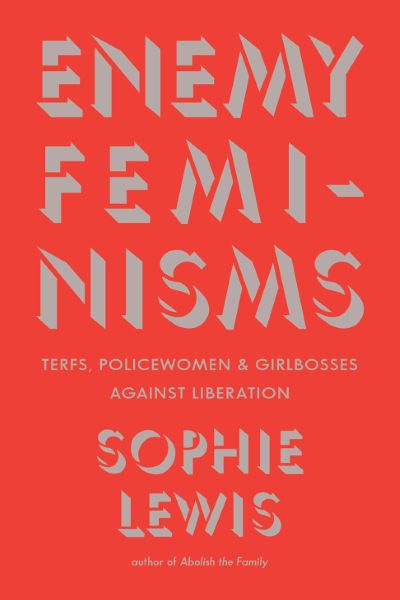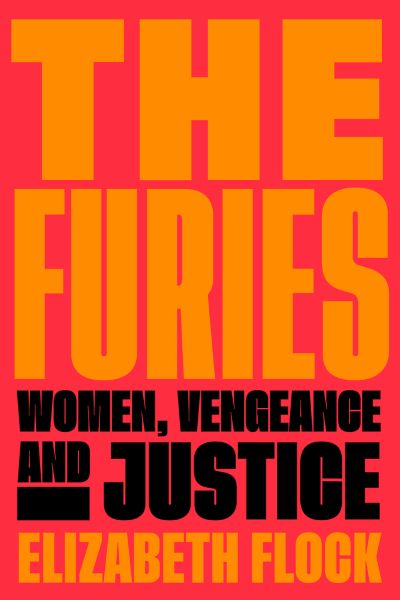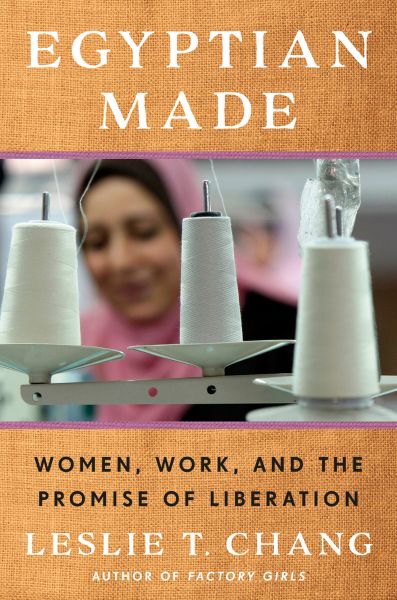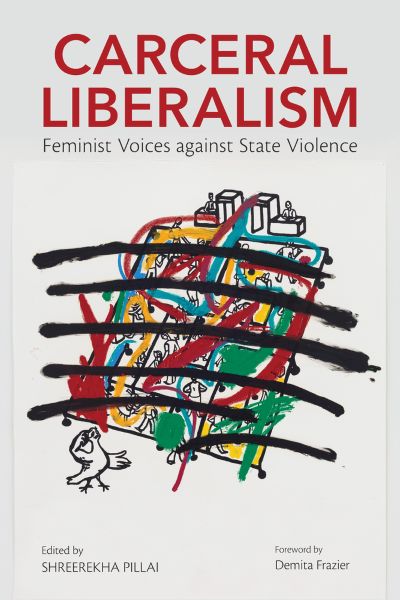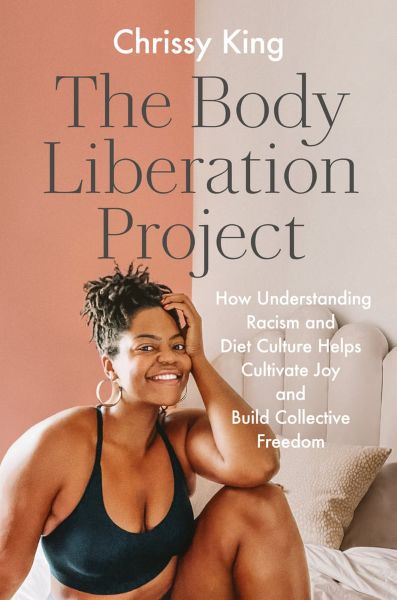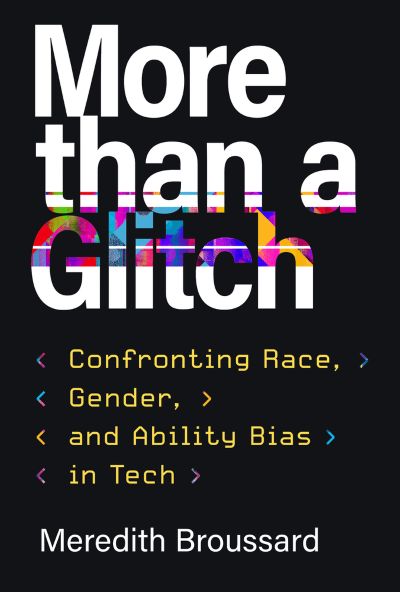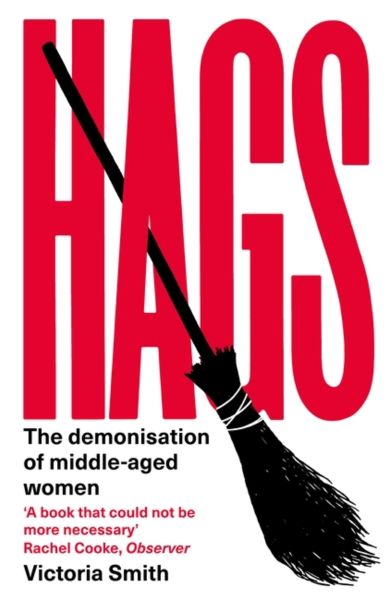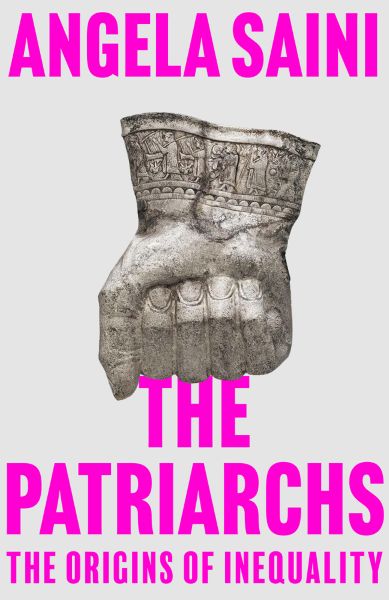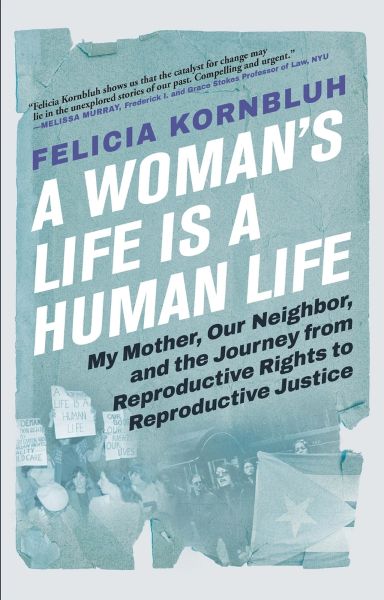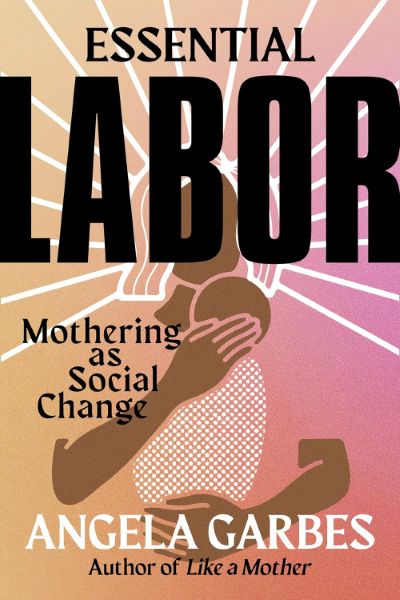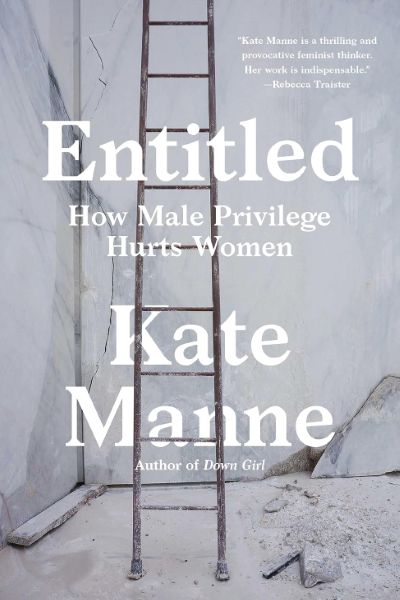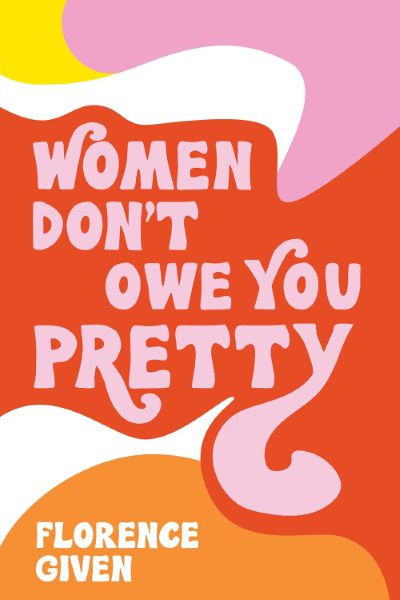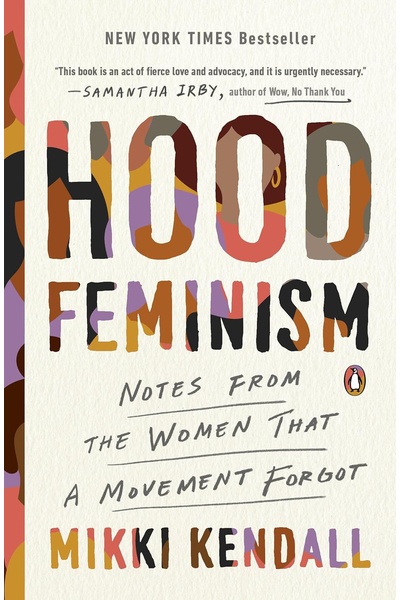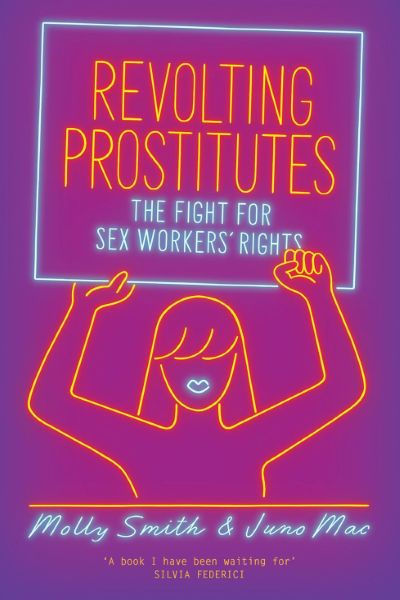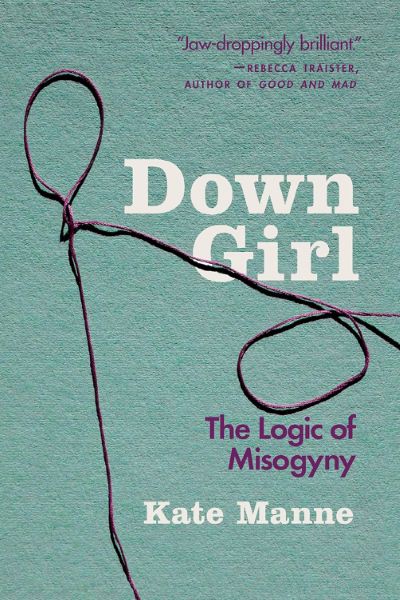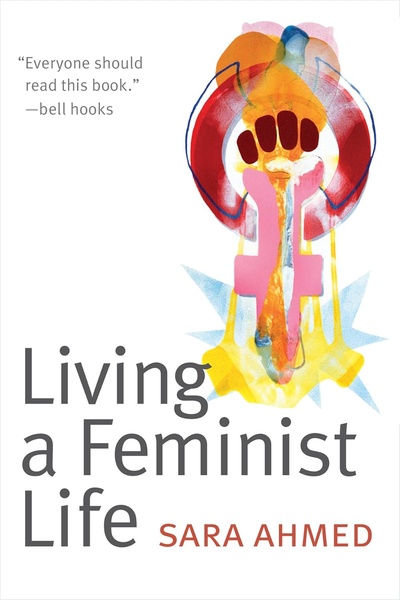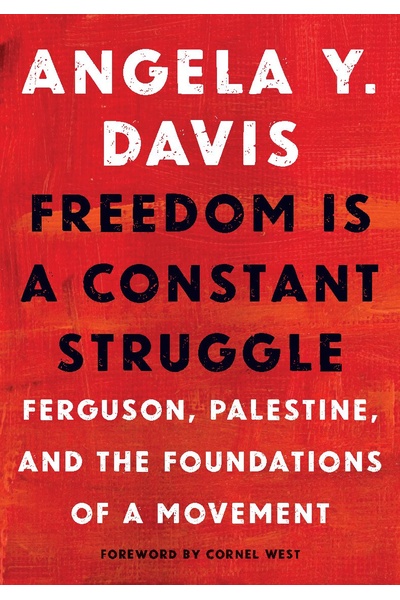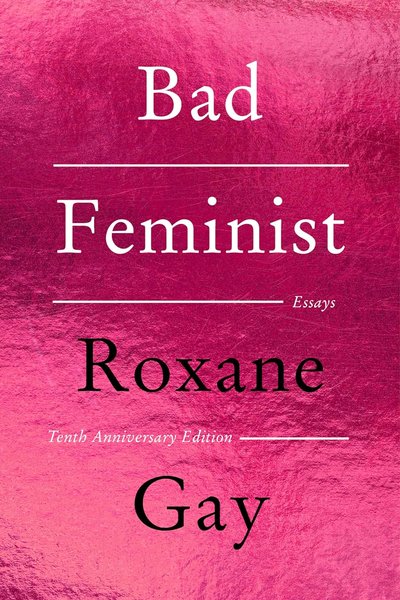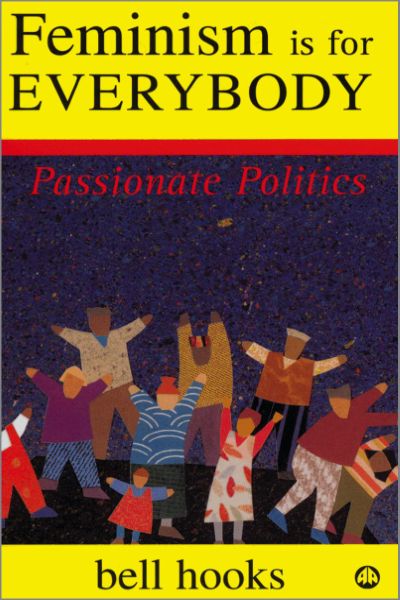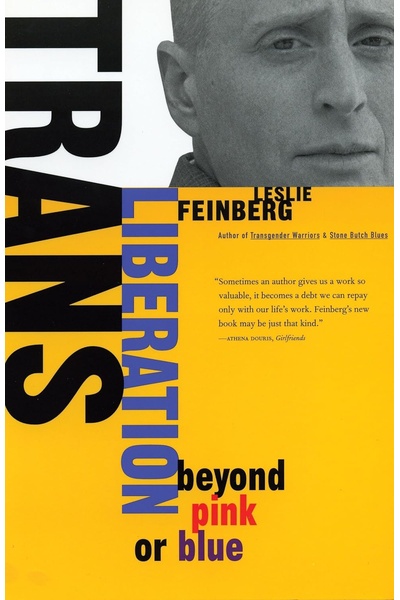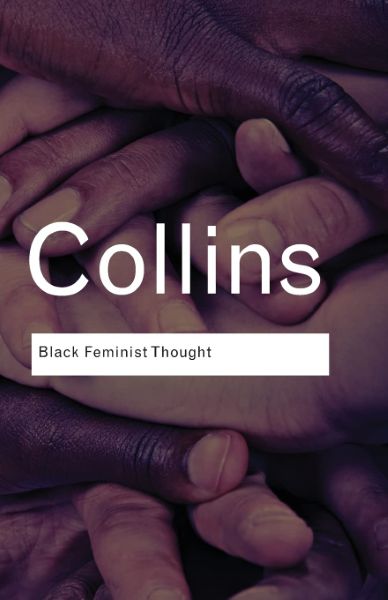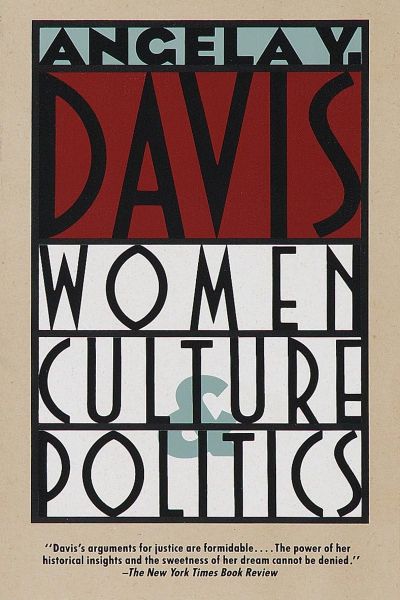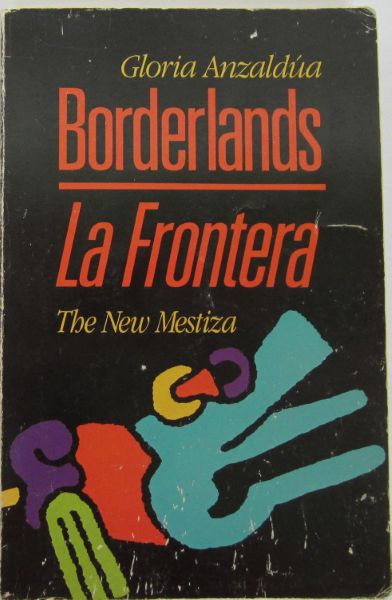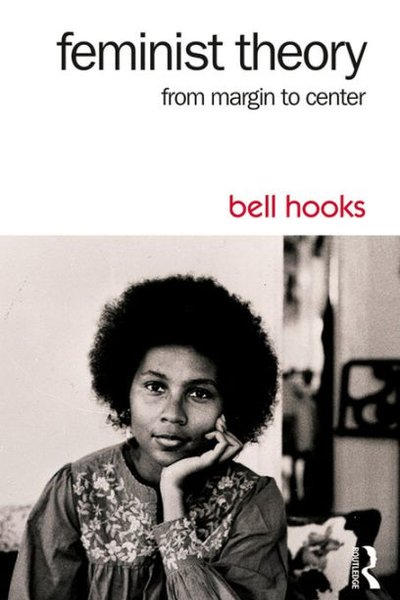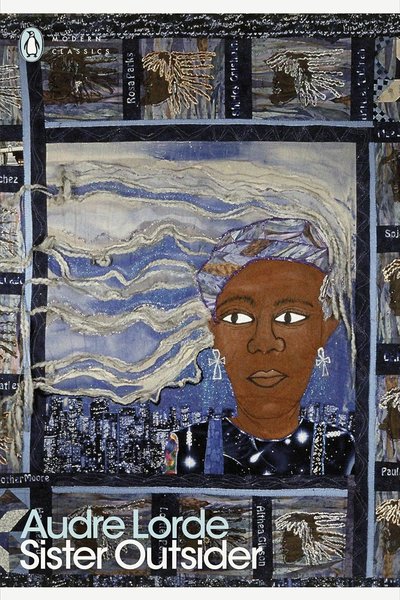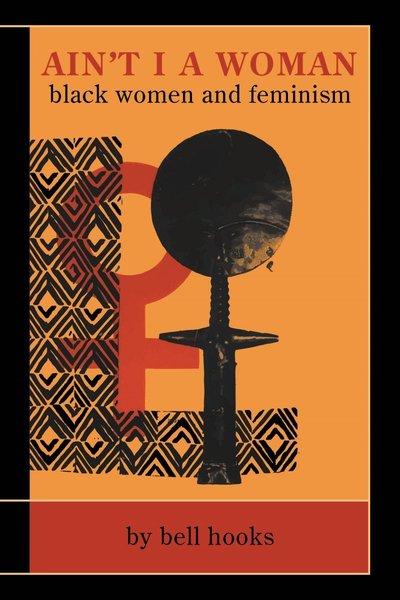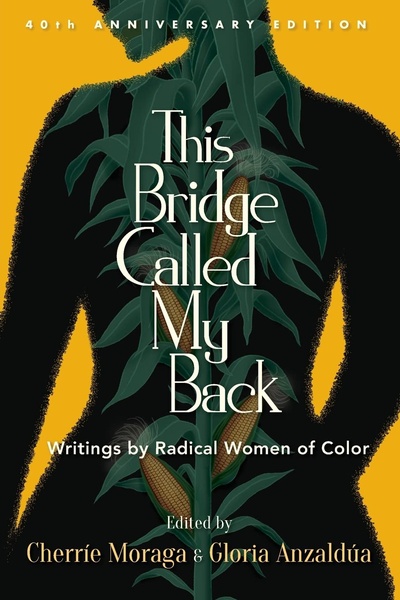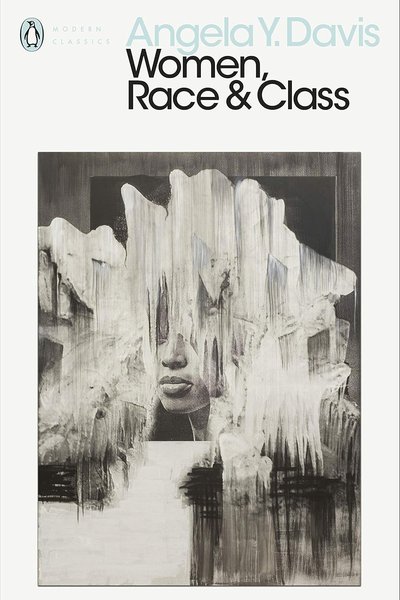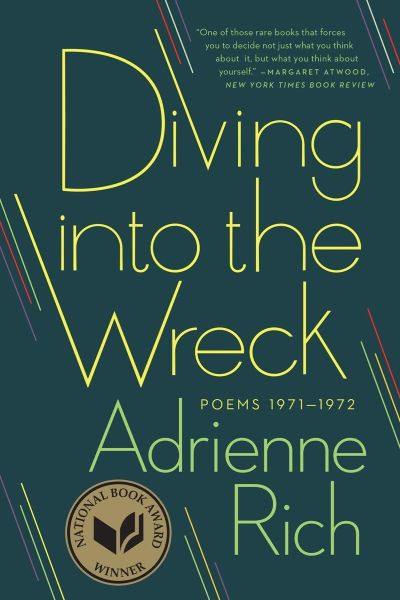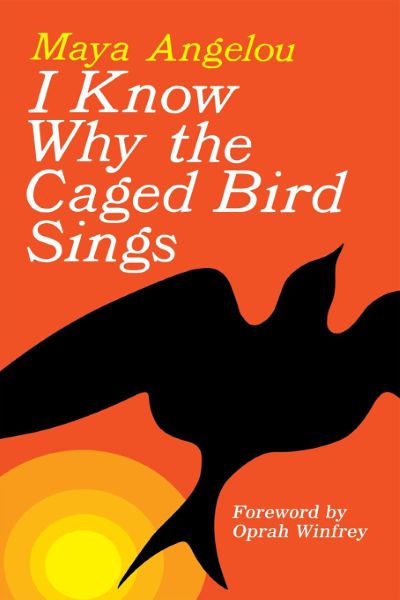Intersectional Feminism
56 related content items found
📚 Books 32
📰 Articles 2
From Suffrage Movements to #MeToo: The Enduring Global Fight for Gender Equality
This article traces the evolution of feminist movements from the 19th-century suffrage campaigns to the digital activism of the #MeToo era. It explores the four waves of feminism, their historical contexts, and the persistent global challenges to gender equality, including political representation, reproductive rights, and social stigma.
Intersectional Feminism and the Climate Crisis: The Perfect Storm of 2024
Climate shocks, tech-driven discrimination, economic stress, and regressive politics are converging into a perfect storm hitting the most marginalized hardest. Intersectional analysis reveals how multiple oppressions interact.
🎥 Videos 2
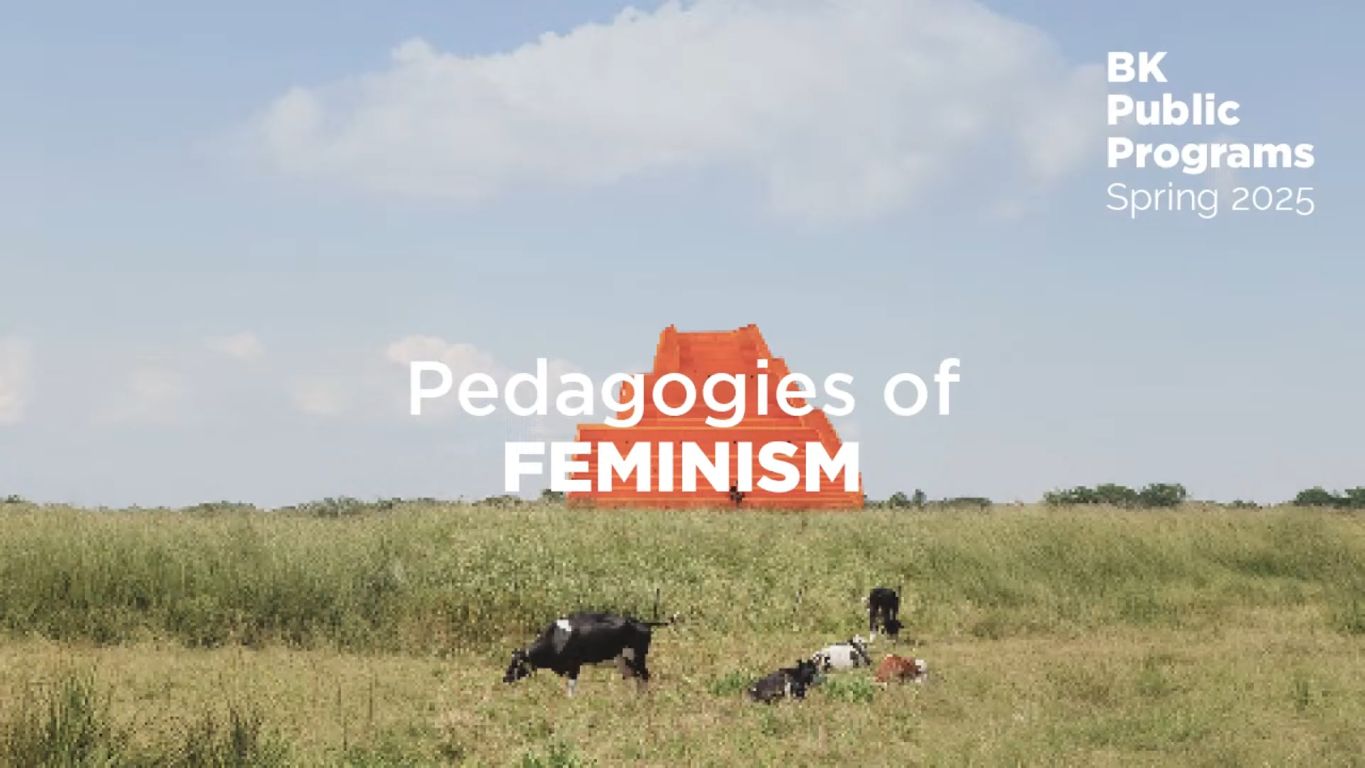
BK Talks. Pedagogies of Feminism
This video is a recording of a panel discussion titled 'Pedagogies of Feminism,' where a panel of speakers from the fields of architecture and urban design share their experiences with feminism. The discussion covers how feminist values can be applied in design, the importance of recognizing the contributions of women, and the need to challenge existing patriarchal and capitalist structures. It also highlights an online platform for feminist spatial practices and discusses the challenges of translating academic theory into professional practice.
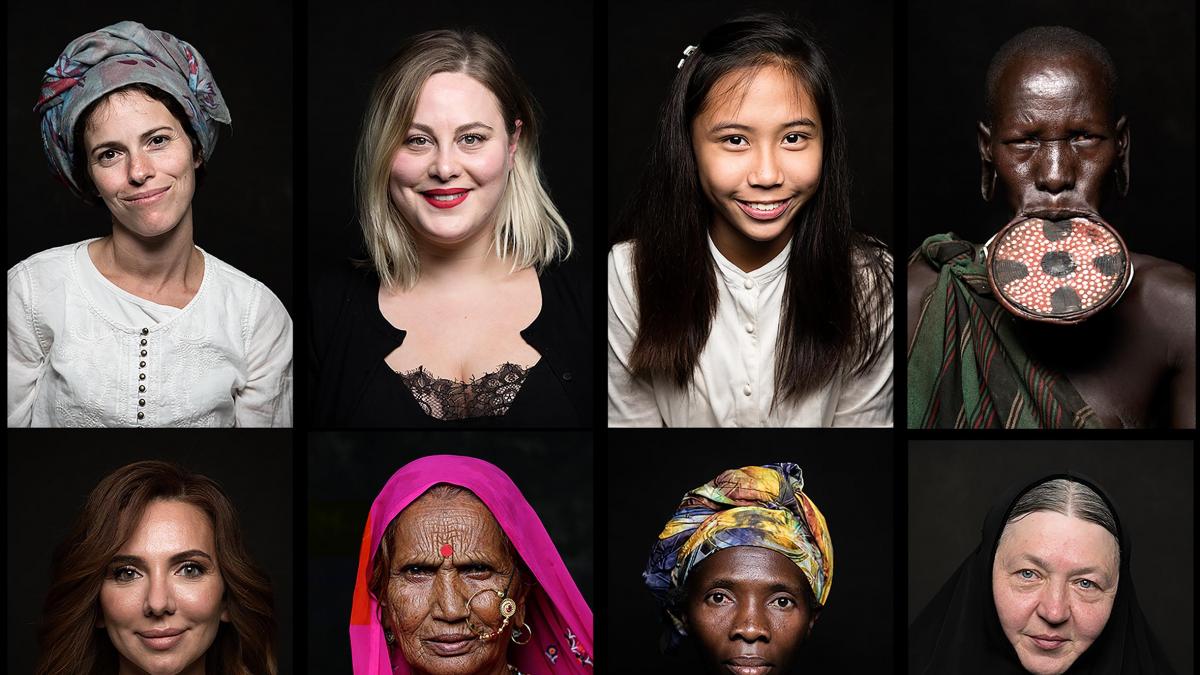
Woman: Global Women's Voices and Resilience
'Woman' is a global documentary featuring interviews with 2,000 women from 50 countries, presenting their authentic experiences on topics including motherhood, education, marriage, economic independence, menstruation, and sexuality. The film not only reveals the injustices faced by women worldwide but also emphasizes their inner strength and ability to change the world.
🎧 Podcasts 13
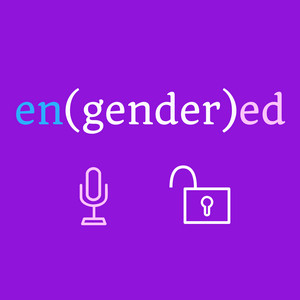
en(gender)ed
en(gender)ed is a podcast hosted by Teri Yuan, focusing on gender violence, oppression mechanisms, and institutional solutions. The show centers on the voices of survivors, advocates, and policymakers, exploring issues such as coercive control, domestic violence, campus sexual assault, gun violence, and media bias, emphasizing intersectional perspectives and cultural literacy. With a profound, systematic style, it serves as an important knowledge platform in the field of gender justice. Spotify rating of 5.0 (3 reviews), representative among gender violence research and advocacy podcasts.
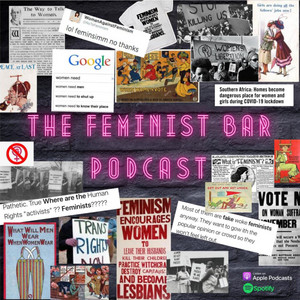
The Feminist Bar Podcast
The Feminist Bar Podcast is a feminist podcast hosted by Zimbabwean writer and activist Tinatswe Mhaka, focusing on the intersectional experiences of gender, emotion, and identity. Centered around the 'Love Series,' the show invites women and queer individuals from different backgrounds to share stories of self-discovery, trauma, desire, and resistance within intimate relationships. With an intimate, frank style full of emotional tension, emphasizing authenticity and emotional politics. Spotify rating of 4.6 (41 reviews), with unique influence in African feminist podcast circles.
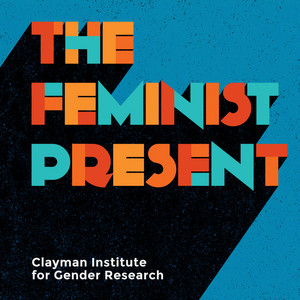
The Feminist Present
The Feminist Present is a podcast produced by Stanford University's Clayman Institute for Gender Research, hosted by Adrian Daub and Laura Goode. The show invites feminist scholars, writers, and activists to explore intersectional issues of gender, culture, and politics. Content covers queer oral history, women's body evolution, celibacy and desire politics, Audre Lorde's archival research, and 'Girlboss' culture criticism. With a style blending academic depth and cultural acuity, it holds an important position in feminist knowledge production and public dialogue. Spotify rating of 4.7 (86 reviews), widely acclaimed among academic and cultural feminist podcasts.
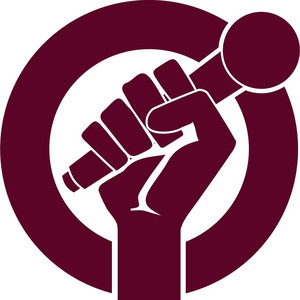
Feminist Utopia
Feminist Utopia is a podcast hosted by Benita and Debby, focusing on how feminism promotes dignity, solidarity, and social justice. Using American political events as entry points, the show explores abortion rights, Supreme Court politicization, protest actions, and moral discourse authority, emphasizing transgender, racial, class, and religious intersectionality. With a direct, highly critical style, it's suitable for audiences interested in contemporary American feminist politics.
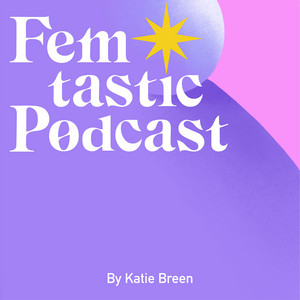
Femtastic Podcast
Femtastic Podcast is hosted by Katie Breen, focusing on reproductive justice, intersectional feminism, and public policy. The show invites researchers, advocates, and survivors to explore abortion rights, crisis pregnancy centers, gun violence, and institutional oppression, emphasizing data-driven and action-oriented approaches. With a clear, information-dense style, it's suitable for audiences interested in American reproductive politics and gender justice. Spotify rating of 5.0 (6 reviews), representative among advocacy-oriented feminist podcasts.
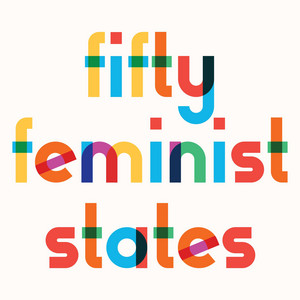
Fifty Feminist States
Fifty Feminist States is a podcast hosted by Amelia Hruby, taking a road trip format across America's fifty states to interview local feminist artists and advocates. The show emphasizes intersectionality and cross-regional perspectives, covering reproductive justice, Black feminism, media representation, mental health, and community organizing. It serves as an archive combining oral history with cultural critique. The show concluded in 2021, but all episodes remain accessible.
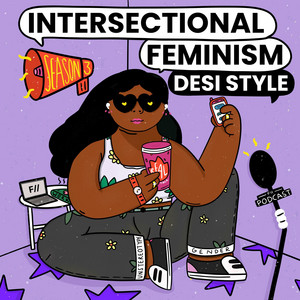
Intersectional Feminism—Desi Style!
Intersectional Feminism—Desi Style! is a podcast produced by Feminism In India that focuses on intersectional feminist issues within the South Asian context. Hosted by Sukanya Shaji and Shriya Roy, the show covers stereotypes and challenges faced by women in politics, technology, pornography, media, and development, emphasizing decolonial perspectives and gender justice. With a critically sharp and culturally astute style, it's perfect for audiences interested in South Asian women's experiences and intersectional issues. Rated 4.7 on Spotify (47 reviews), it stands as a representative work among Indian feminist podcasts.
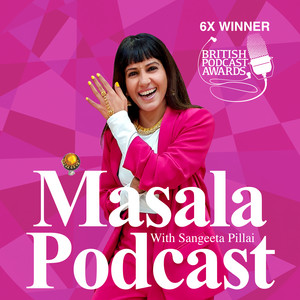
Masala Podcast: The South Asian feminist podcast
Masala Podcast is hosted by Sangeeta Pillai, an award-winning South Asian feminist podcast focusing on sex, body, mental health, and cultural taboos. The show features intimate narrative and critical reflection, exploring themes of shame, sexual harassment, menopause, belonging, and motherhood pressure, emphasizing diverse experiences of South Asian women and intersectional feminist perspectives. Winner of British Podcast Award, Spotify SoundUp Award, and featured on New York and London street billboards. With a Spotify rating of 4.8 (56 reviews), it has widespread influence in global South Asian feminist communities.
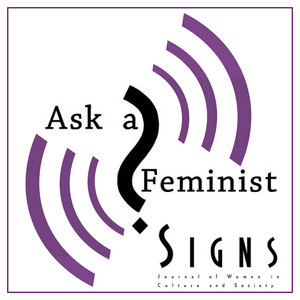
Ask a Feminist
Ask a Feminist is an academic feminist podcast produced by Signs: Journal of Women in Culture and Society, focusing on feminist perspectives in current political and social justice issues. The show invites feminist scholars and public intellectuals from interdisciplinary fields to discuss issues such as abortion rights, transgender policy, digital gender violence, public feminism, and science criticism. With a rigorous style and high depth, it is suitable for researchers and public advocates. Spotify rating of 5.0 (1 review), representative among academic feminist podcasts.
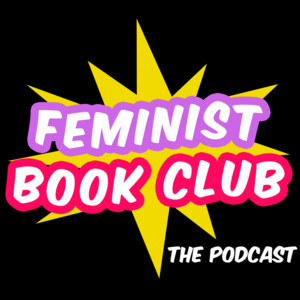
Feminist Book Club: The Podcast
Feminist Book Club: The Podcast is an intersectional feminist podcast hosted by Renee Powers and her team, conducting social justice conversations around books. The show uses reading as a tool for activism, exploring issues of gender, race, desire, and cultural representation. Content covers feminist literary criticism, transgender experiences, media gender politics, and commodification of sexuality, with a style blending critical analysis and intimate conversation. Spotify rating of 4.8 (25 reviews), widely popular in feminist reading communities.
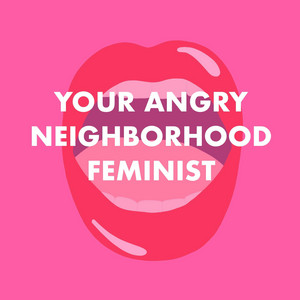
Your Angry Neighborhood Feminist
Your Angry Neighborhood Feminist is a podcast hosted by intersectional feminist Madigan, focusing on critical issues facing women and society. The show explores historical figures, current events, and cultural phenomena with a sharp perspective, covering topics from British feminism development to American political conspiracy theories and shooting incidents. Madigan challenges mainstream narratives through deep research and personal viewpoints, promoting feminist dialogue. With a frank, critically strong podcast style suitable for audiences interested in gender, power, and social structures.
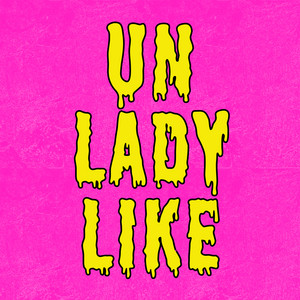
Unladylike
Unladylike is a podcast hosted by feminist Cristen Conger, focusing on fringe issues of modern female identity. With the motto 'Where feminism meets fringe,' the show deeply analyzes myths, chaos, and media narratives shaping contemporary women (and non-traditional female identities). Content covers bisexual impostor syndrome, tall girl psychology, gun culture, contraception controversies, and other social hot topics, combining deep research with critical perspectives to challenge mainstream gender discourse. With a sharp, knowledge-dense style suitable for audiences interested in intersectional feminism, cultural criticism, and social structures.
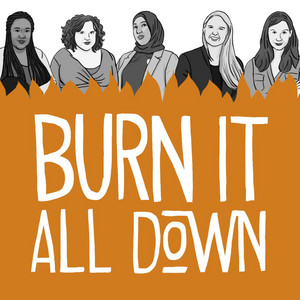
Burn It All Down
Burn It All Down is a podcast co-hosted by five feminist sports commentators, dedicated to analyzing sports and cultural issues from a feminist perspective. The hosts include Shireen Ahmed, Lindsay Gibbs, Brenda Elsey, Amira Rose Davis, and Jessica Luther, who explore athlete activism, gender and race intersectional issues, injustices in the sports industry, and how sports intervene in contemporary culture wars. With a sharp, critical style, the show is popular among feminists and sports researchers, with a high Spotify rating of 4.9 (73 reviews).
📄 Papers 7
Translating the Feminist Theory of Intersectionality into Gender Analytical Frameworks for Gender and Development
This paper explores how to translate intersectional feminist theory into practical gender analytical frameworks (GAF) for development interventions, warning against turning intersectionality into a simple instrument stripped of its theoretical and methodological nuances.
Intersectional Feminist Theory as a Non-Ideal Theory: Asian American Women Navigating Identity and Power
This philosophical examination argues that intersectional feminism functions as a strong version of non-ideal theory, focusing on the multiply oppressed to understand how intersecting structures of oppression work and generate strategies for dismantling them. Through analyzing Asian American women's experiences navigating identity and power, the paper reveals three characteristic types of identity-power relationships: manifestation of oppression through identity construction, reproduction of oppression, and creation of resistance and solidarity through identity reconstruction.
Aspiring to a politics of alliance: Response to Sylvia Walby's 'Beyond the politics of location: The power of argument in a global era'
This response essay explores tensions between universalism and politics of location in feminist theory, responding to Walby's claims about making universal arguments across local differences. Phoenix, from an intersectional perspective, advocates for alliance politics built on acknowledging difference rather than abstract universalism.
Mapping the Margins: Intersectionality, Identity Politics, and Violence Against Women of Color
This groundbreaking 1991 article systematically articulates intersectionality theory, analyzing how race, gender, and other identity dimensions interact to shape the unique experiences of violence faced by women of color. Crenshaw critiques how anti-discrimination law and feminist movements fail to adequately address multiply-marginalized groups, calling for more inclusive frameworks of social justice.
Mammies, Matriarchs, and Other Controlling Images
This chapter from Collins’ seminal book *Black Feminist Thought* analyzes the controlling images of Black womanhood in U.S. culture—such as the mammy, matriarch, welfare queen, and jezebel—and how these stereotypes function to justify intersecting systems of race, gender, and class oppression. Collins argues that these images are ideological tools used to regulate Black women’s labor, sexuality, and social roles.
Demarginalizing the Intersection of Race and Sex: A Black Feminist Critique of Antidiscrimination Doctrine, Feminist Theory and Antiracist Politics
This groundbreaking paper first introduced the concept of 'intersectionality,' fundamentally transforming how we understand the interaction of multiple oppressions. Through analyzing legal cases, Crenshaw demonstrates how single-axis frameworks render Black women's unique experiences invisible in antidiscrimination law and feminist theory, providing a revolutionary analytical framework for understanding identity, power, and justice.
The Master's Tools Will Never Dismantle the Master's House
This influential essay critiques exclusionary practices within the feminist movement, arguing that using the tools and methods of oppressive systems to fight oppression is doomed to fail. Lorde calls for recognizing and embracing difference as a source of strength, emphasizing that true liberation requires creating entirely new frameworks rather than seeking reform within existing power structures.
Related Topics
Discover More Content
Explore more feminist-related topics and content
